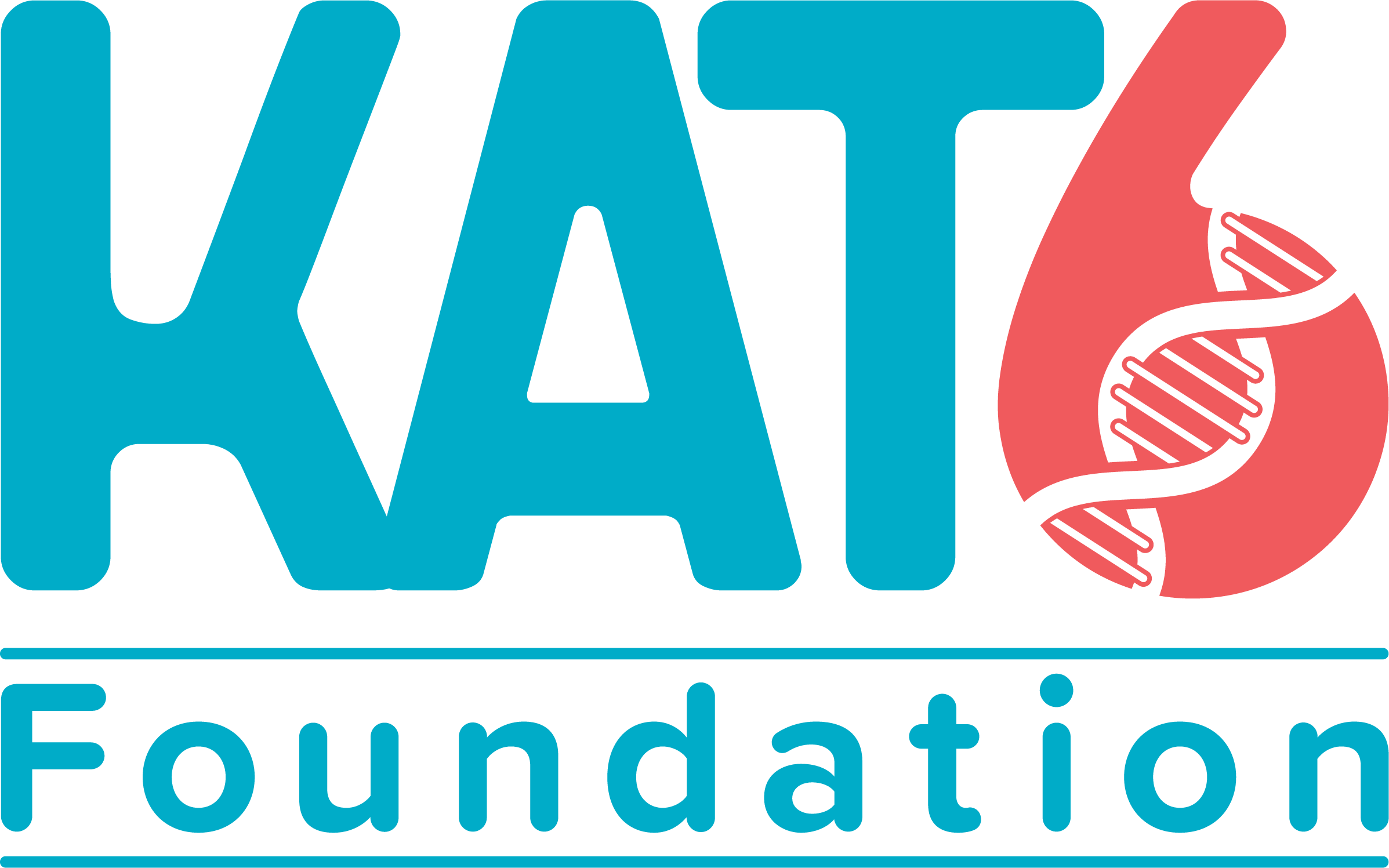
We are pleased to support seven new studies advancing our understanding of KAT6A and KAT6B syndromes.
These projects address disease mechanisms, model development, potential therapies, and biomarkers—laying critical groundwork for clinical trials.
1. Development of Antisense Oligonucleotide Drugs for KAT6 Syndrome
Principal Investigator: Sookyung Kim, MD-PhD candidate
Institution: University of Massachusetts Chan Medical School
This study explores antisense oligonucleotides (ASOs)—a promising treatment modality that has already shown success in other rare diseases. Using patient-derived nerve cells, Sookyung aims to determine if ASOs can correct gene messaging errors caused by KAT6A or KAT6B mutations. Early success in target identification could lead to animal trials and, eventually, new treatment for KAT6 patients.
2. Patient-Specific Neurodevelopmental Models for KAT6B Mutations
Principal Investigator: Valerie Arboleda, MD, PhD
Institution: David Geffen School of Medicine, University of California, Los Angeles
This study leverages patient-derived induced pluripotent stem cell (iPSC) lines to investigate how specific KAT6B variants contribute to the phenotypic divergence between Genitopatellar Syndrome (GPS) and Say-Barber-Biesecker-Young-
3. Neurobehavioral Differences in Early- and Late-Truncating KAT6A Mouse Models
Principal Investigator: Valerie Arboleda, MD, PhD
Institution: David Geffen School of Medicine, University of California, Los Angeles
Dr. Arboleda’s team is creating new, KAT6A variant-specific mouse models to study how different types of KAT6A variants affect brain development and behavior. Based on data from their lab, they will test therapies to see if it can help improve symptoms in mice with severe KAT6A mutations. This study brings us closer to testing treatments that target the specific effects of different mutations in people.
4. Biomarker Discovery in KAT6A for Translation into Clinical Trials
Chief Investigator: Sarah Donoghue, MBBS, FRACP
Institution: Murdoch Children’s Research Institute (MCRI), University of Melbourne
This project seeks biomarkers in blood and brain tissues to further understand how cognitive function develops in KAT6A with the hope that we will be able to use this information to measure disease progression and treatment success. This work is building on multi-Omic work that we are doing in the lab to characterize KAT6A models of mice and KAT6A human cortical neuron experiments. We are hoping to understand the impact of KAT6A on brain function in mice and whether carnitine treatment improves this, paving the way for future human trials. Together, these studies will help get us closer to starting clinical trials in people with KAT6A syndrome.
5. A Multidisciplinary Clinical Program and Identification of a Metabolomic Profile in KAT6A/KAT6B Conditions to Inform Clinical Trial Readiness
Co-Investigators: Olaf Bodamer, MD, PhD and William Brucker, MD, PhD
Institution: Boston Children’s Hospital & Harvard Medical School
Dr. Bodamer is launching a new clinical program for patients with KAT6A and KAT6B syndromes at Boston Children’s Hospital. The team will collect detailed health data and samples from patients to better understand the natural course of these conditions. They’ll also search for unique biomarkers that could help doctors know when a treatment is working. This project combines high-quality patient care with research aimed at preparing for future clinical trials.
6. Epigenetic Landscapes and Gene Regulation in KAT6 Disorders
Co-Investigators: Maria A. Serrano, PhD and Gustavo Mostoslavsky, MD, PhD
Institution: Center for Regenerative Medicine & Boston University Chobanian & Avedisian School of Medicine
This research examines how KAT6 mutations affect gene regulation in brain, gut, and blood cells. The team will use an advanced method to see how these cells’ “epigenetic landscapes” (chemical markers that control gene activity) are different from healthy cells. It may also identify blood-based biomarkers for easier monitoring of disease progression and treatment.
7. CA3 Neuronal Development in KAT6A and KAT6B Patient-Derived iPSCs
Principal Investigators: Thomas Durcan, PhD, Faïza Benaliouad, PhD and Gilles Maussion, PhD
Institution: Neuro: Montreal Neurological Institute-Hospital & McGill University
Focusing on the CA3 hippocampal region linked to memory, this study uses patient-derived stem cells to uncover how brain cell development is altered in KAT6 syndromes. The goal is to find points for therapeutic intervention.
